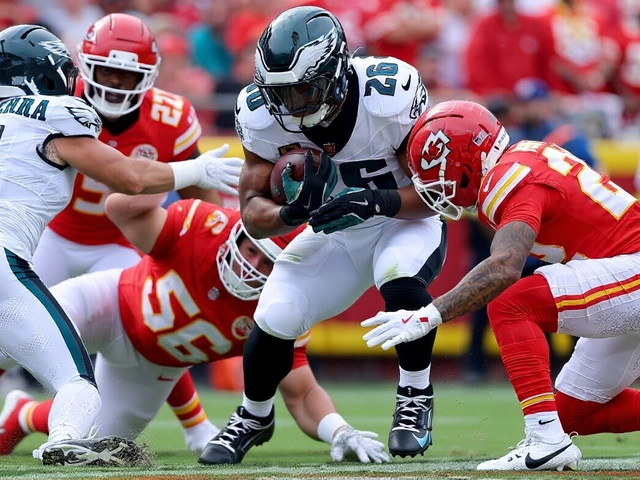
Unraveling the Realm of Deliberate Draws
Ever watched a soccer match that nudged your gut feelings, making you question, "Was that a deliberate draw?" I've been there too. So, I decided to seek answers to whether soccer teams have ever agreed to play for a draw. A question as old as the sport itself, stoking the flames of heated debates in pubs and living rooms all over the world. By the way Oscar, my Maine Coon, is somewhat of a soccer fan, mostly due to the spherical object whizzing about on the field that he wishes he could chase. For him, a draw means extra stress as he watches the game elongate into nerve-wracking extra times and penalties - a cat’s version of suspense, I suppose.
The Complexity of Organized Draws
Consider the complexity of actually organizing a draw. Being optimistic, in some cases, it would require levels of cooperation, communication, compliance, and self-control that would make Bingo, my Labrador Retriever, drop his favorite frisbee in awe. He's a great dog, but subtle strategic maneuvers aren't his strong suit. I mean, getting him to sit still for nail trims is a minor victory. Masterminding an orchestrated draw on a soccer field seems implausible, right? A soccer match is unpredictable, even chaotic at times, marred with minor errors, unexpected outcomes, and varying performance levels.
Notable Cases in Soccer History
While the idea of intentional draws might seem like a tall tale, soccer history notes a few infamous games where teams suspectedly played for a draw. For instance, the 1982 World cup match between West Germany and Austria, also known as the "Disgrace of Gijón." The teams were accused of mutually benefiting from a 1-0 result favoring West Germany. This result ensured both teams’ progression to the next stage, at the expense of Algeria. Not gonna lie, as a sports enthusiast, I found this pretty disappointing. But then again, sporting history isn't always composed of ideals, right?
Sporting Ethics Vs. Practical Gains
Deliberate draws bring us to the crossroads of sporting ethics and practical gains. This is where the rulebook meets clandestine strategies. While we love to think of soccer as a pure, unadulterated sport, instances of deliberate draws kindle questions - Is this a violation of the unwritten rule of "playing to win" or is this a practical strategy to survive the grueling tournament format? They make us question whether a draw can be classified as just, ethical, or even sportsmanlike? As much as I love the romantic, noble side of sports, I'm not blind to the practical, brutal aspects that sometimes rear their heads.
Harnessing the Power of Draws
Now, here's a totally different perspective - can the power of draws be harnessed constructively? Remember how I mentioned of Oscar's love for soccer? Well, here’s the deal - I've watched him play with his own soccer ball (a mini one, of course). And it's not always about scoring (don't tell me cats can't score - oh, they can!). Sometimes, it's about keeping the ball, pausing, and taking things slow. Soccer, like Oscar's playtime, doesn't always have to culminate in a win or a loss. Sometimes, a draw can mean a pivotal pause, a catch-your-breath moment before the tournament storm. High-stakes games often warrant such strategic withdrawals.
The Subtle Art of Defensive Soccer
Concluding this exploration, I'd liken deliberate draws in soccer to a subtle art form - the art of the defensive. A carefully masterminded defensive game doesn't always aim to score but focuses on granting no advantage to the opponents. The Italians, with their Catenaccio or door-bolt defensive tactic in soccer, proved that strategic defense can sometimes upstage even the most formidable offenses out there. I reckon Bingo, my Labrador, would make a fantastic cattenaccio if ever there's a canine world cup; his defense tactics to guard his toys being second to none.
So, have soccer teams agreed to play for a draw? Going by historical events and my own over-caffeinated ponderings, it would seem so. It's not a straight-forward matter, and it's draped in layers of ethical, tactical, and practical implications that all soccer lovers must grapple with. But as with everything in life and soccer, there's always room for debate, and that's what makes the sport so fascinating, isn't it?


